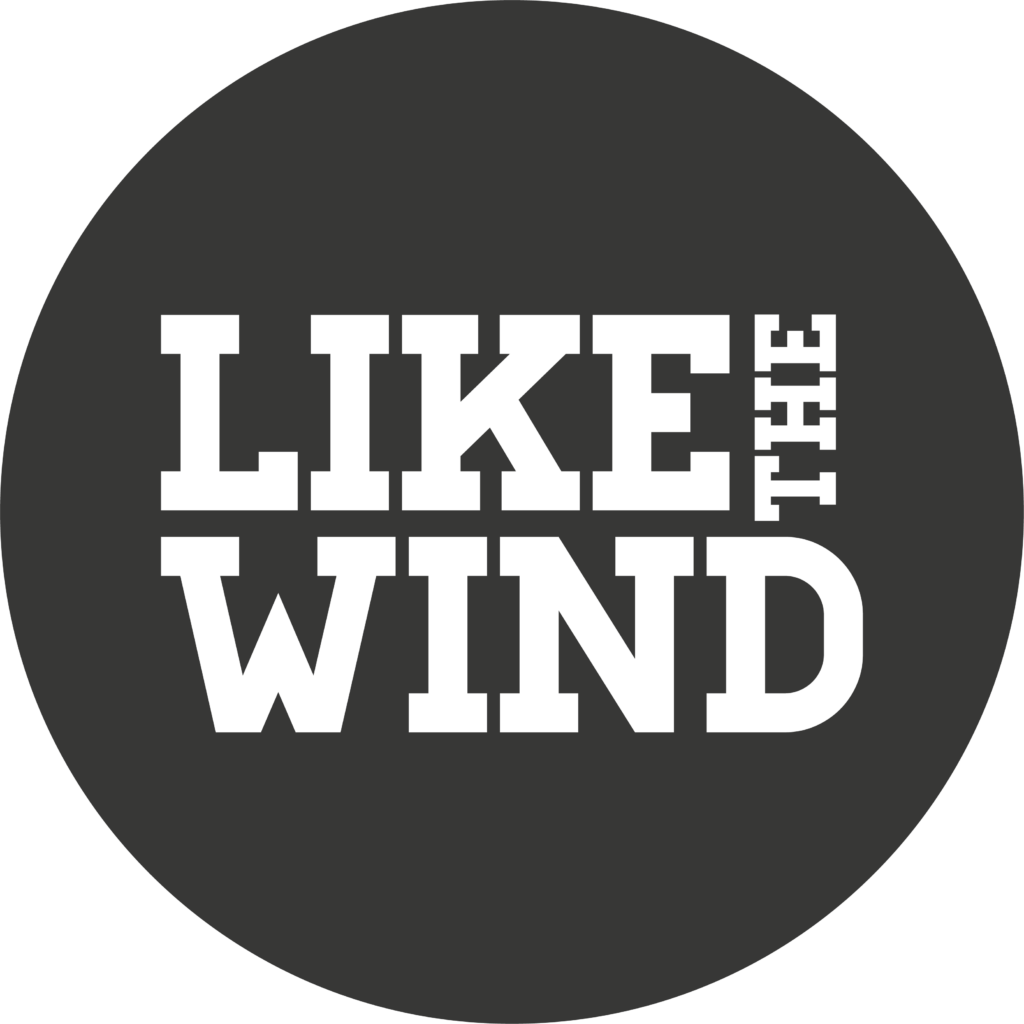‘Racing with Kierkegaard’ was published in Issue #15 of Like the Wind Magazine
Is recreational racing an existential nightmare, or the answer to it all?
I am a serious runner. Or upon investigating my behaviour, you might come to that conclusion. I have altered my diet and my sleep schedule for the sport. I pay attention to the amount of time I spend on my legs every day. I travel for races, think about fascial tissue, study my heart rate, obsess over my training log. I consult experts for advice. Yet I am not a professional runner, an elite runner, or even a sub-elite runner. I am not fast, nor do I run extreme distances. When I train, or cross the finish line of a race, it is not a moment the sport deems worthy of attention. I wear the mask of the masses – just another runner finishing with the pack. I am invisible, because I am amateur, and this presents a different dilemma when racing. It is both profoundly liberating and equally dreadful to know that no one is watching your performance in a race. The mind-altering hurt that is fighting for five minutes off your marathon time is meaningless to the outside world. Maybe your friends and family care – but only because they care about you. Your performance is only significant as it becomes a signal of your values. If you were equally as dedicated to pickling vegetables, they’d share the same support and enthusiasm: “Tell me more about the brine!” So why race? Running’s most tangible benefits happen off the race course. Why enlist in the experience of putting your body and mind through the anguish of running at your limit when the gains have already been reaped? Everyone’s answer is their own, but this existential question is shared, and is asked often in the amateur community. Sometimes it’s asked by others. That small group: the outsiders of running but insiders of your life. Close enough to see the 5am alarms and post-workout nausea firsthand. Horrified by this recreation turned obsession. Often we ask it of ourselves. The choice between a warm bed and cold morning miles. The discomfort of a long tempo run for an improvement most will never see or know. Death by kilometres or another cup of coffee? The undeniable “why” mile 18 of a marathon shouts with every laboured exhale. Is anonymity our ultimate freedom? Or is it total madness?
As much as we wish to retreat to our masters for this guidance, our running idols can’t save us. The Prefontaines and Radcliffes of the world haven’t shared our amateur plight. They had the stage. They played the role. People gave witness to their successes and failures.
Another set of experts holds jurisdiction over these questions. Experts who sit over the steam of their tea, asking “why” not just of our proclivity to recreational anguish, but of the wind in our hair, and the seconds on our wrist watch – the grand experience of the human race of this place, in this time.
Meet the Existentialists. Mostly from Europe, mostly male (with the exception of feminist champion Simone de Beauvoir), mostly hanging out in the 19th and 20th centuries. They were experts at inquiry, directing the big “why’s” to a dialogue about life.
Their discourse covered it all: life, death, time, space, choice, fate and consciousness.
And they acknowledged the terror of it all. Recognising our fleeting moment in this mysterious universe. A birth into consciousness with no map or destination. Pointed to the uneasy feeling we all share that maybe we’re out here, on our own. Reminded us of the marvel of our individuality, and fragility of our existence.
They explored the gift of freedom. Declared the power of our choices and the subsequent burden of responsibility. Saw the outer chaos of the world, and the inner order we hold within ourselves.
They asked what to do with this thing we call a body, and its experience situated in the world around us. How it moves through space in harmony or discord with the other beings around it.
And they laughed at the absurdity of it all. The curiosity of existence and the definitiveness of time. How odd it is to be.
Most importantly, they saw philosophy not as an abstract intellectual pursuit but as a way of life, its methods applied and integrated into our daily choices and practices. It is not life from the outside looking in, but our understanding looking out, knee-deep in the chaotic beauty.
Kierkegaard, Nietzsche, Heidegger, Sartre, de Beauvoir – one can’t help thinking of them asking these questions of the world while navigating their thoughts on a long Sunday run.
Existentialism’s true running coach was the famous Albert Camus. His parable The Myth of Sisyphus provides an answer to the doubt we feel when our legs beg us to retire.
Often we ask it of ourselves. The choice between a warm bed and cold morning miles. The discomfort of a long tempo run for an improvement most will never see or know. Death by kilometres or another cup of coffee? The undeniable “why” mile 18 of a marathon shouts with every laboured exhale. Is anonymity our ultimate freedom? Or is it total madness?
As much as we wish to retreat to our masters for this guidance, our running idols can’t save us. The Prefontaines and Radcliffes of the world haven’t shared our amateur plight. They had the stage. They played the role. People gave witness to their successes and failures.
Another set of experts holds jurisdiction over these questions. Experts who sit over the steam of their tea, asking “why” not just of our proclivity to recreational anguish, but of the wind in our hair, and the seconds on our wrist watch – the grand experience of the human race of this place, in this time.
Meet the Existentialists. Mostly from Europe, mostly male (with the exception of feminist champion Simone de Beauvoir), mostly hanging out in the 19th and 20th centuries. They were experts at inquiry, directing the big “why’s” to a dialogue about life.
Their discourse covered it all: life, death, time, space, choice, fate and consciousness.
And they acknowledged the terror of it all. Recognising our fleeting moment in this mysterious universe. A birth into consciousness with no map or destination. Pointed to the uneasy feeling we all share that maybe we’re out here, on our own. Reminded us of the marvel of our individuality, and fragility of our existence.
They explored the gift of freedom. Declared the power of our choices and the subsequent burden of responsibility. Saw the outer chaos of the world, and the inner order we hold within ourselves.
They asked what to do with this thing we call a body, and its experience situated in the world around us. How it moves through space in harmony or discord with the other beings around it.
And they laughed at the absurdity of it all. The curiosity of existence and the definitiveness of time. How odd it is to be.
Most importantly, they saw philosophy not as an abstract intellectual pursuit but as a way of life, its methods applied and integrated into our daily choices and practices. It is not life from the outside looking in, but our understanding looking out, knee-deep in the chaotic beauty.
Kierkegaard, Nietzsche, Heidegger, Sartre, de Beauvoir – one can’t help thinking of them asking these questions of the world while navigating their thoughts on a long Sunday run.
Existentialism’s true running coach was the famous Albert Camus. His parable The Myth of Sisyphus provides an answer to the doubt we feel when our legs beg us to retire.
“You have already grasped that Sisyphus is the absurd hero. He is, as much through his passions as through his torture. His scorn of the gods, his hatred of death, and his passion for life won him that unspeakable penalty in which the whole being is exerted toward accomplishing nothing. This is the price that must be paid for the passions of this earth. Nothing is told us about Sisyphus in the underworld. Myths are made for the imagination to breathe life into them. As for this myth, one sees merely the whole effort of a body straining to raise the huge stone, to roll it, and push it up a slope a hundred times over; one sees the face screwed up, the cheek tight against the stone, the shoulder bracing the clay-covered mass, the foot wedging it, the fresh start with arms outstretched, the wholly human security of two earth-clotted hands. At the very end of his long effort measured by skyless space and time without depth, the purpose is achieved. Then Sisyphus watches the stone rush down in a few moments toward lower world whence he will have to push it up again toward the summit. He goes back down to the plain.It is during that return, that pause, that Sisyphus interests me. A face that toils so close to stones is already stone itself! I see that man going back down with a heavy yet measured step toward the torment of whic h he will never know the end. That hour like a breathing-space which returns as surely as his suffering, that is the hour of consciousness. At each of those moments when he leaves the heights and gradually sinks toward the lairs of the gods, he is superior to his fate. He is stronger than his rock.” (Albert Camus, The Myth of Sisyphus) I am running hill repeats, hidden in the early morning cloak of darkness. My heart is pounding. The faint taste of metal lingers in my mouth. My feet whisper “why” as they turn each time they reach the bottom. I imagine Camus shouting words of encouragement. “The struggle itself toward the heights is enough to fill a man’s heart! One must imagine Sisyphus happy!” I yield a smile as my legs slowly turn to stone. The way we run our hills, race our races – fight for outcomes no one will know or see – is the way we live our lives. Choosing meaning, however arbitrary, because it’s necessary. Racing asks us the same questions as life. It’s not “Why wake up to run?”, it’s “Without running, why wake up?” Existentialism’s grandfather, Soren Kierkegaard, explains it best: “There is nothing with which every man is so afraid as getting to know how enormously much he is capable of doing and becoming.” I’m adjusting my bib at the starting line of the California International Marathon. Standing in the 3h30m corral, I feel like I’m at the epicentre of this small slice of humanity. We all shake out and shuffle nervously, preparing to ask the grand question of ourselves somewhere along this empty road. The woman next to me offers a friendly nudge to ease our butterflies. “Why are you out here this morning?” Good question.
Megan Murray is a writer (always), marathoner (most of the time), and creative professional (from 9-5). She’s also a proud graduate of Wilder Running – a running retreat for writers. www.meganmurray.info
Alex Murphy is the art director at Like the Wind. He loves the uphills, and occasionally finds time to run a really long way.


